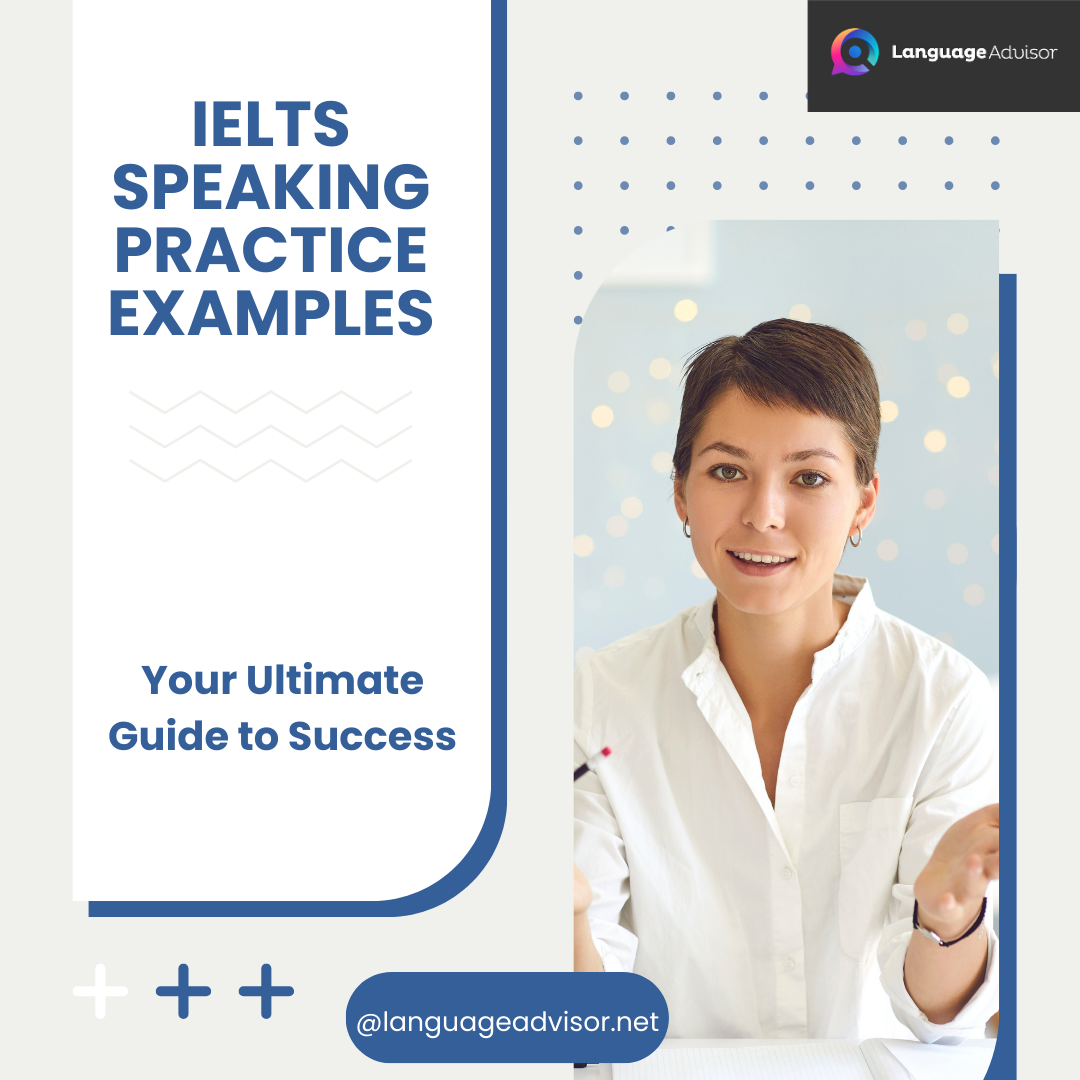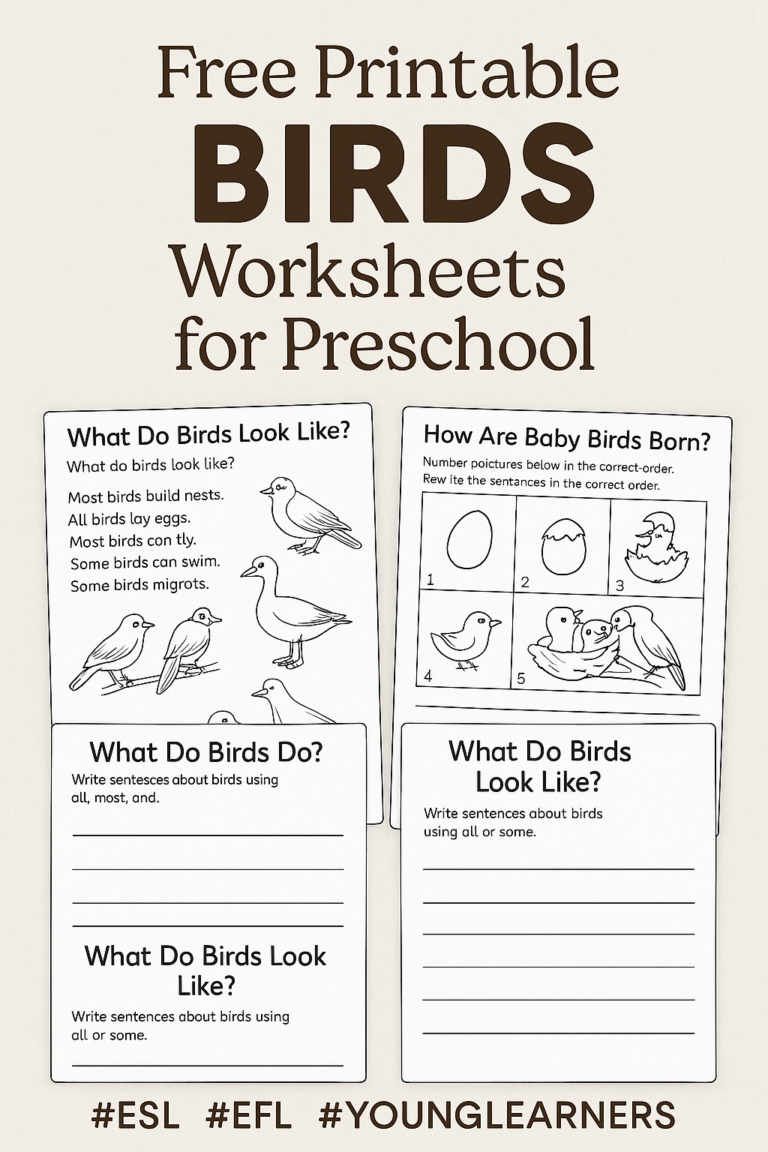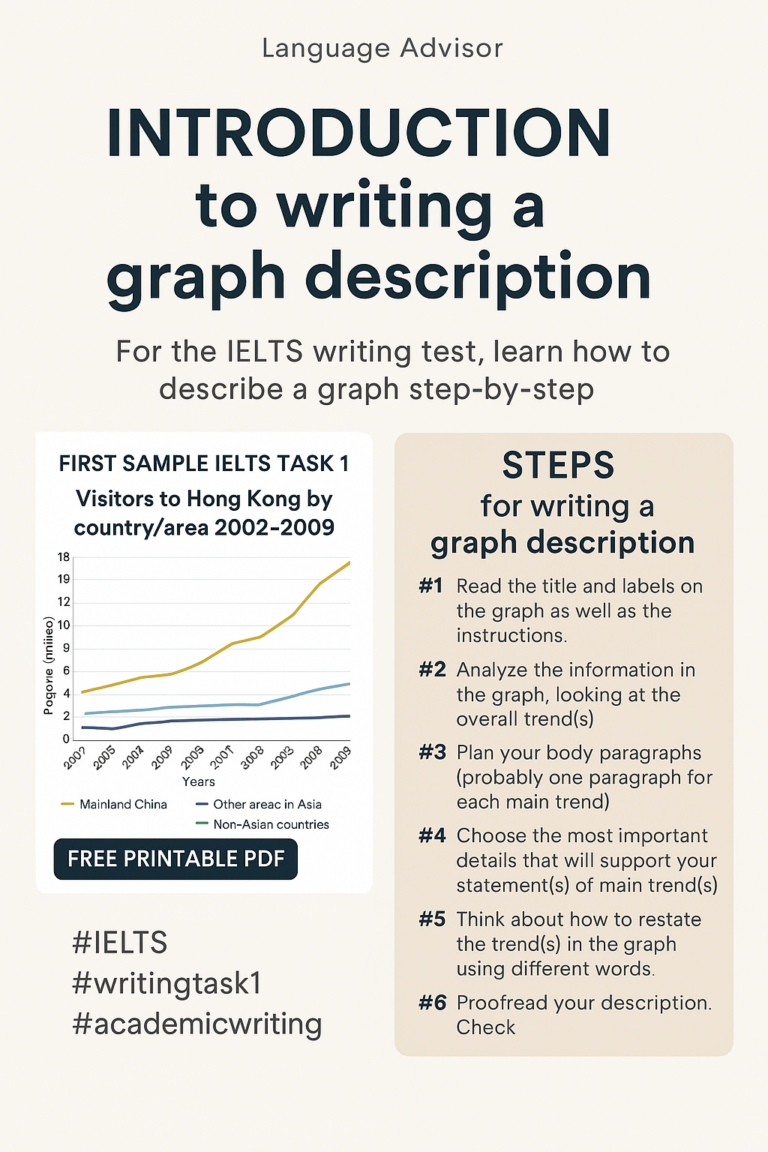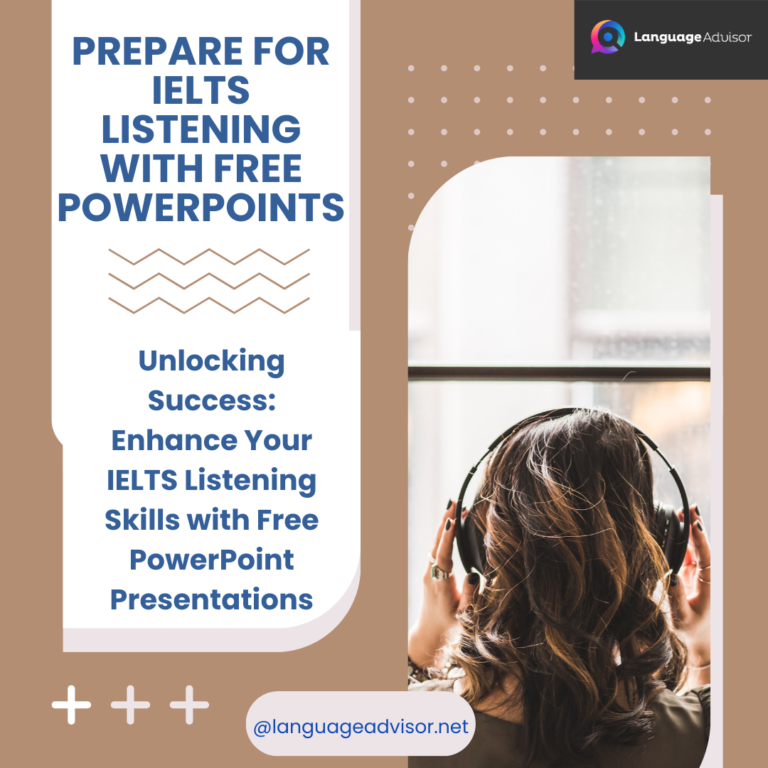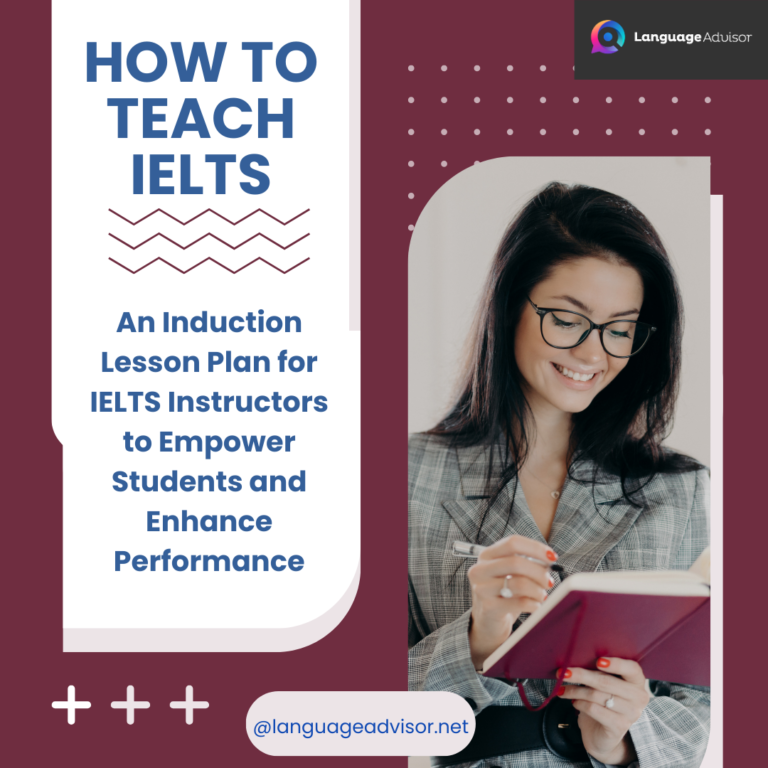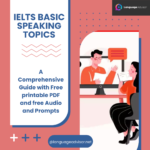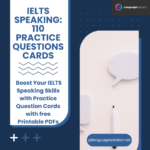IELTS Speaking Practice Examples. Your Ultimate Guide to Success
IELTS Speaking Practice Examples

IELTS Speaking Practice Examples
The IELTS Speaking test is a vital part of the IELTS exam, designed to evaluate your ability to communicate effectively in English. This test can be challenging, but with the right practice and preparation, you can excel. In this blog post, we will explore various IELTS Speaking practice examples, providing you with detailed insights and sample questions to help you prepare thoroughly. By understanding the structure of the test and practicing with these examples, you’ll be well-equipped to achieve your desired band score.
IELTS Speaking Practice Examples
Understanding the IELTS Speaking Test Format
The IELTS Speaking test is divided into three parts, each designed to assess different aspects of your speaking abilities:
- Part 1: Introduction and Interview – In this section, the examiner will introduce themselves and ask you some basic questions about yourself, such as your home, work, studies, and hobbies.
- Part 2: Individual Long Turn – You will be given a topic to speak about for one to two minutes. You’ll have one minute to prepare and make notes before speaking.
- Part 3: Two-Way Discussion – This part involves a deeper discussion on the topic from Part 2. The examiner will ask more abstract and analytical questions, allowing you to discuss broader issues.

Introduction and Interview Examples
After you have introduced yourself and the Examiner has checked your ID, he or she will ask you questions on three topic areas. The first topic area will be about your studies, your work or where you live.
Examiner: Let’s talk about your home town. Where were you born?
Candidate: I was born in a place called Rochester in the Medway towns in Kent.
Examiner: Do you still live in Rochester?
Candidate: No, I haven’t lived in Rochester for a long time now, since I went to college. I live in London.
Examiner: Do most people like living in Rochester?
Candidate: I guess they do. I always wanted to live in London, so… my family still live there, but I guess it’s a nice place.
Examiner: Why?
Candidate: Well, it’s got beautiful architecture and it’s the home of Dickens and so there’s quite a lot of historical interest there and you’ve got countryside nearby and it’s easily accessible for London.
Examiner: Do you think you’ll stay in London?
Candidate: Oh, I don’t know. I’ve been here for quite a while now and although I love it, I can’t imagine spending my whole life here.
The next two topics will be more general.
Examiner: I’d like to move on to talk about sport. What’s your favourite sport?
Candidate: My favourite sport to watch is football, but to participate in, it’s swimming.
Examiner: When did you first become interested in swimming?
Candidate: Gosh, when I was a child, my dad used to take me swimming every week and I swam for my school.
Examiner: How often do you participate in swimming now?
Candidate: I try to swim at least two times a week.
Examiner: What equipment do you need for swimming?
Candidate: The great thing is that you don’t really need any equipment apart from goggles and trunks.
Examiner: Where do you go swimming?
Candidate: Anywhere I am. I love swimming in the sea but mainly I swim at my local pool.
Examiner: Now, let’s move on to talk about shopping. How do you feel about going shopping?
Candidate: I don’t mind going shopping. I like to know exactly what I’m going shopping for, though, I like to get in, buy it and go home again.
Examiner: Do you like buying clothes or goods on the Internet?
Candidate: I’ve never bought clothes on the Internet because I like to try them on before buying them but I’ve certainly bought electrical goods and other things on the Internet.
Examiner: What don’t you like about shopping?
Candidate: I don’t really like big crowds of people and fighting my way through them to get what I want. I guess I don’t like paying for it all.

Part 2: Individual Long Turn Examples
The Examiner will introduce part 2 by saying:
Examiner: Now, I’m going to give you a topic and I’d like you to talk about it for one to two minutes. Before you talk, you’ll have one minute to think about what you’re going to say. You can make some notes if you wish. Do you understand?
Candidate: Yes, I do.
Then the Examiner will give you some paper and a pencil for making notes, and read the topic to you.
Examiner: I’d like you to describe a minor accident that you had in the past.
After your one minute preparation time, you will give your talk.
Candidate: When I was about seven, I was very ill after school and I was sent home from school and I was lying on the sofa feeling sorry for myself, watching TV, and I got bored and decided to go and ask my mum if she could go and find a game for me or a book or something else to do, and when I went into the kitchen, my mother was cooking. And so, as I sort of went behind her, I had no shoes on and she didn’t hear me coming, and she was making boiled potatoes, and as I got behind her she turned around with the boiled potatoes in the saucepan to take them to the sink and I was right behind her, so she hit me round the head with the saucepan of boiling water and it all spilled down onto my shoulder and splattered my face and went all over my shoulder and burnt me. But because she didn’t let go of the saucepan, she still had it in her hand, she didn’t realise that I was crying because I was burnt, she thought I was crying because she’d hit me and bumped my head, so she didn’t respond quickly enough, which made the whole thing worse. At the time, my dad was a plumber and of course that was before mobile phones were invented, so dad was out at work and mum didn’t drive, so I had to wait about seven hours on the sofa with a dressing on my shoulder for my dad to come home from work so that he could take me to hospital. My poor mum, bless her heart, must have been very worried and not known what to do, with not being able to drive, but I guess there wasn’t anything else she could do, she did as much as she could, bathed it in cold water, put a dry dressing on…
Examiner: Thank you. Now, we’ve been talking about…

6) Part 3: Two-Way Discussion Examples
In part 3, the Examiner will ask you some questions related to the part 2 topic. This candidate has just given a talk about a book that he enjoyed reading.
Examiner: We’ve been talking about a book you enjoyed and I’d like to discuss with you one or two more general questions related to this. Let’s consider first of all why people decide to write a book. What sort of reasons do you think people have for writing novels?
Candidate: Well, some people say that every one of us has a good book inside us, but I think there are many various reasons why people write. Perhaps they have a political message, but I think that the main thing is that you just feel that you have a story to tell, perhaps you can’t not write it.
Examiner: And some people have an ambition to write, don’t they?
Candidate: Exactly.
Examiner: What personal qualities do you think a writer needs to have?
Candidate: Well, I think the ability to be self-disciplined and to work alone, to be able to understand people, to get into the minds and hearts of other people.
Examiner: Do you think it’s something that many people could do?
Candidate: No, I don’t think so, otherwise we would all write that book.
Examiner: Could you ever write a novel?
Candidate: I’ve had a go, but it was a teenage experiment and it’s been long gathering dust.
Examiner: Yes. What about newspapers? Do you think newspapers are a good source of information?
Candidate: Providing you remain aware of the political inclinations of any particular newspaper, yes, I think it’s a good way of learning about the news, etc.
Examiner: Yes. What other information do we get from newspapers?
Candidate: Well, sport, facts and things like that, weather, and its good sort of editorial content, you know, gossip.
Examiner: Which type of newspaper do you think is best?
Candidate: I think certainly in England the broadsheet newspapers are better than the tabloid. I think you have to be aware again, that they may have their own agenda but I think a paper that’s not committed to any particular political cause.
Examiner: Right. You need a lot of time to read the newspaper, don’t you? How often do you read a newspaper?
Candidate: I try to read the paper every day. I don’t always read the paper during the week but the paper I love to buy is on a Sunday, because so much comes with it, a great culture section, you can read about the arts and catch up on all the things that have been going on during the week, the news review section, the sport section, money section. I really enjoy the editorial on a Sunday.
Examiner: Do you think newspapers should contain illustrations? A lot of papers have cartoons in them and photographs, is that helpful?
Candidate: Yes, I think so. I think certainly they can be a sort of a powerful way to convey a story, to draw your attention to something, photographs possibly more than illustrations, although I do really enjoy cartoons.
Examiner: Right. Thank you very much, that’s the end of the Speaking test.
Practicing with IELTS Speaking examples is essential for improving your performance in the test. By familiarizing yourself with the test format and working through sample questions, you can build confidence and enhance your speaking skills. Remember to practice regularly, seek feedback, and focus on clear and coherent communication. With dedication and preparation, you can achieve success in the IELTS Speaking test and reach your desired band score. Good luck!

Also check out these resources to successfully prepare for IELTS


